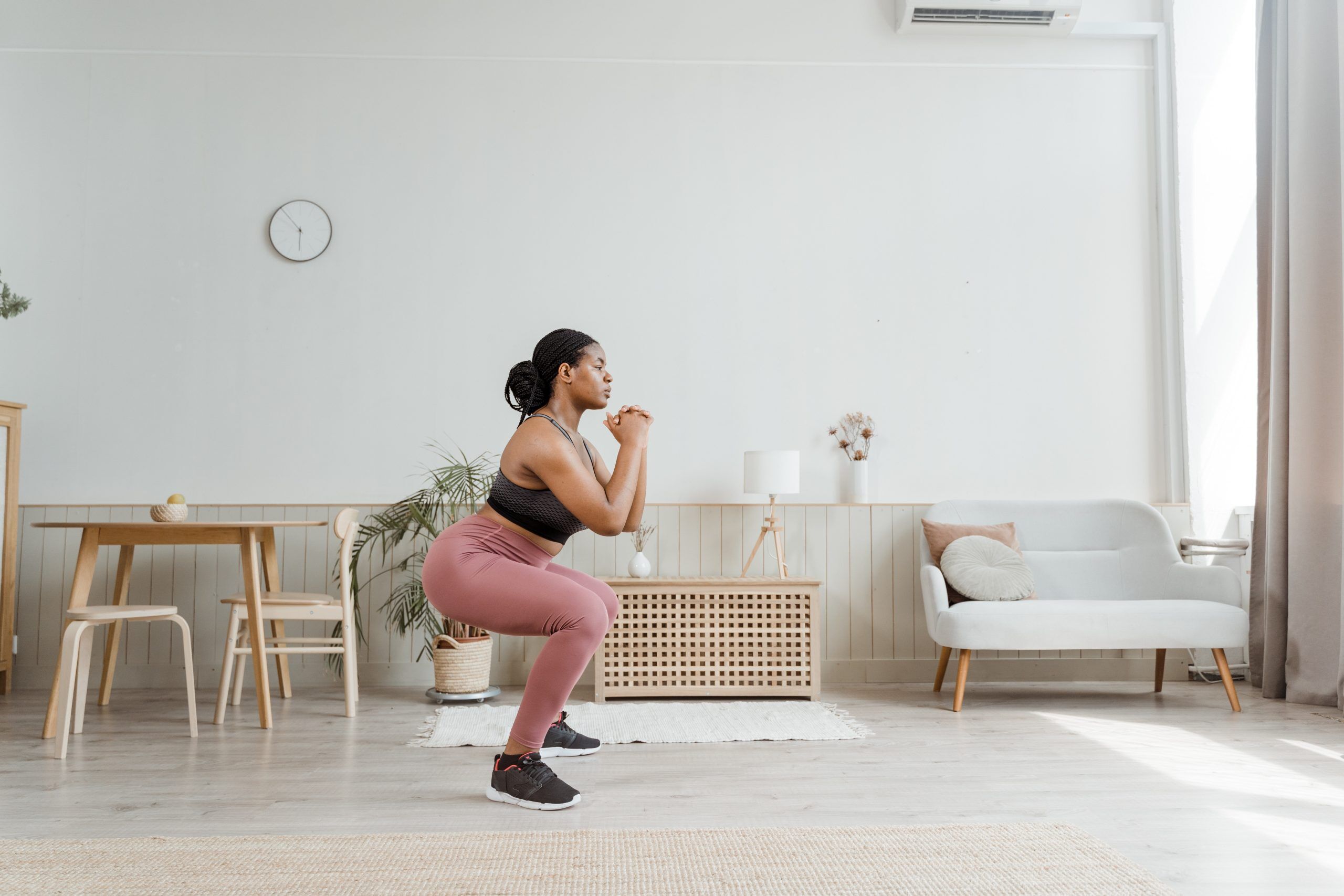
Fast facts:
There are some surprising connections within the body, and we rely on our feet for much more than standing or walking. Foot health and alignment supports your pelvic floor, which is often overlooked itself.
The pelvic floor is a group of muscles, ligaments, and tissues at the bottom of your torso that support your pelvic organs: the bladder, bowels, and uterus.
Many areas of your health and wellness are connected to the pelvic floor, from sexual pleasure and bladder/bowel control to pregnancy and birth. It also supports your posture, healthy movement, shoulder and jaw function, core strength, and so much more.
When pelvic floor muscles become too weak or too tight, a variety of pelvic floor issues may occur. These include but are not limited to problems with bladder and bowel control and the positioning of your pelvic organs.
While pelvic floor dysfunction can develop at any time, it is especially common during pregnancy and postpartum.
Since the pelvic floor is connected to many other areas of the body, there are many factors involved in the treatment of pelvic floor dysfunction, including foot health and alignment.
Your feet are more complex than it may seem, with 26 bones, 33 joints, and more than 100 muscles, tendons, and ligaments in each foot. Feet support alignment, propel your body forward, absorb shock, and adjust their shape to the surface you’re walking or running on.
Proper alignment allows your feet to carry out these main functions. When the feet are too flat, they cannot properly absorb shock, forcing the hip muscles and back to step in.
A high arch prevents the feet from molding their shape to the surface beneath, which affects the positioning of your glutes and may lead to tighter pelvic floor muscles. Both issues affect knee and ankle health as well.
Just about every part of the body changes during pregnancy, including your feet. Swollen feet, or edema, may occur as the result of hormonal changes, fluid retention, and pressure on the uterus. These changes often cause the arches to expand or flatten, which in turn strain the pelvic floor muscles.
Pregnancy and childbirth affect your pelvic floor in different ways. For example, pelvic floor issues may develop from carrying the weight of your baby 24/7 and pushing during childbirth in a vaginal delivery.
Cesarean deliveries can also contribute to pelvic floor dysfunction. For that reason, it’s especially important to take good care of your feet during this time and minimize the potential effects of edema on the pelvic floor.
There are simple steps you can take to improve feet alignment, along with your posture and balance.
Unsurprisingly, what you put on your feet each day affects foot health and alignment.
Any shoe that leaves your heel higher than your toe — including many sneakers — places extra weight on your toes and tightens your calf muscles. Meanwhile pointy and narrow shoes limit your toes’ range of motion, which restricts the arch’s ability to function.
Heels and width aren’t the only issue with some shoes. If you need additional arch support, insoles like Fulton’s can help provide stability and balance as you work on improving foot health.
Simple toe, calf, and hamstring mobilization can improve the range of motion in your feet and support flexibility.
Strengthening exercises including toe curls will get your feets’ many muscles in tip-top shape so that they can provide good support. You can also try putting a rubber band around your big toes, slowly stretching your feet apart and then releasing to encourage adduction.
To ease arch discomfort, try rolling the bottom of your feet over a lacrosse ball. (Why not a tennis ball? While they help increase blood flow, they’re both too large and too soft to break into the foot’s connective tissue.)
The above tips apply during pregnancy, but they should be supplemented with other preventative measures to reduce swelling.
Compression socks massage foot muscles, which gradually moves excess fluid out of your feet and improves circulation.
Elevating feet daily and putting on some magnesium lotion before bed can also help reduce swelling and tension.
Discover the world’s most comfortable, supportive, and sustainable insoles made entirely from biodegradable materials like cork, vegan cactus leather, and natural foam.
Fulton insoles mold to the shape of your feet to provide comfortable, customized arch support to relieve whole body pain during your pregnancy. Plus, with free shipping and returns, you can try Fulton insoles risk-free.
Subscribe to our newsletter

Sign up for our free e-book, plus 20% off of your next booking!